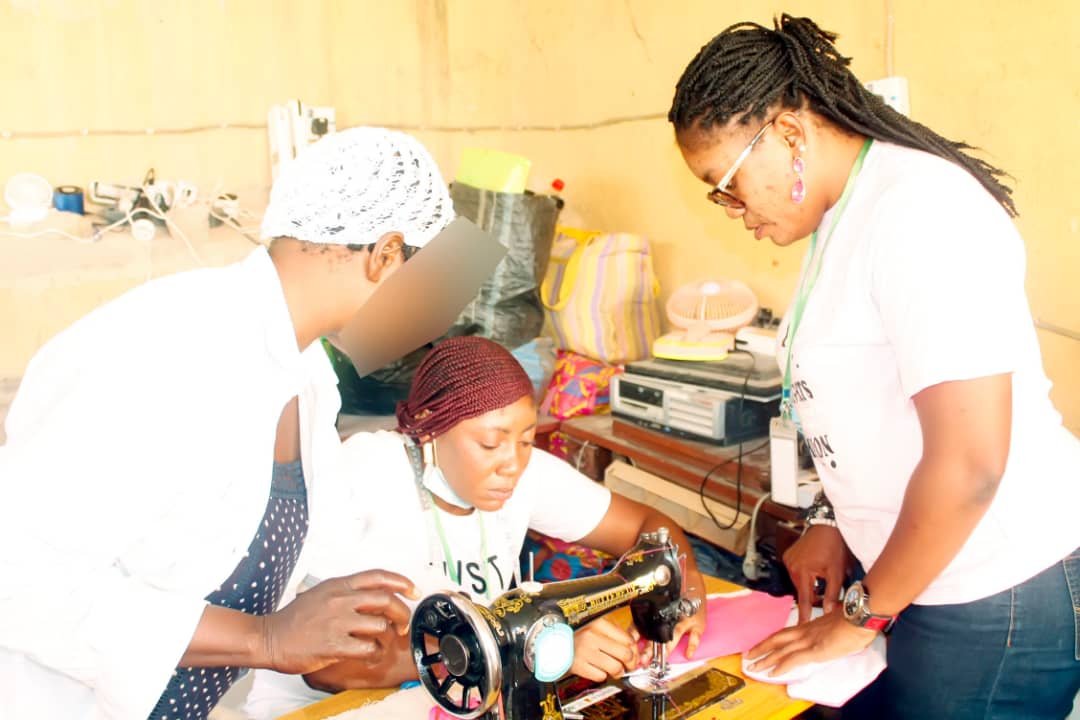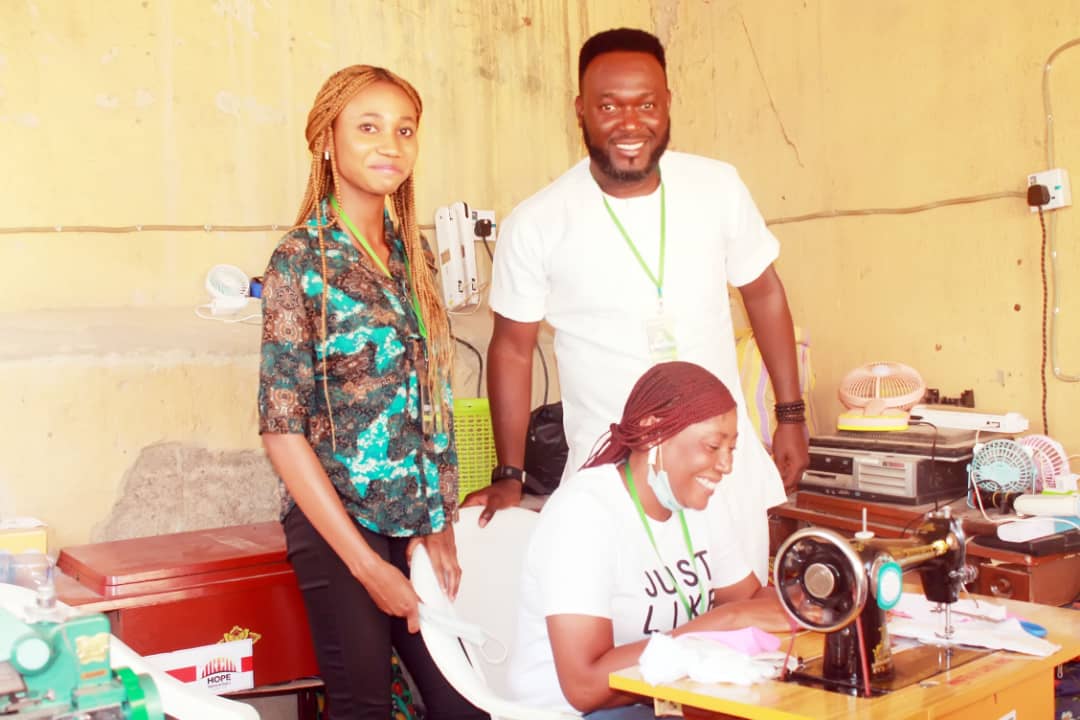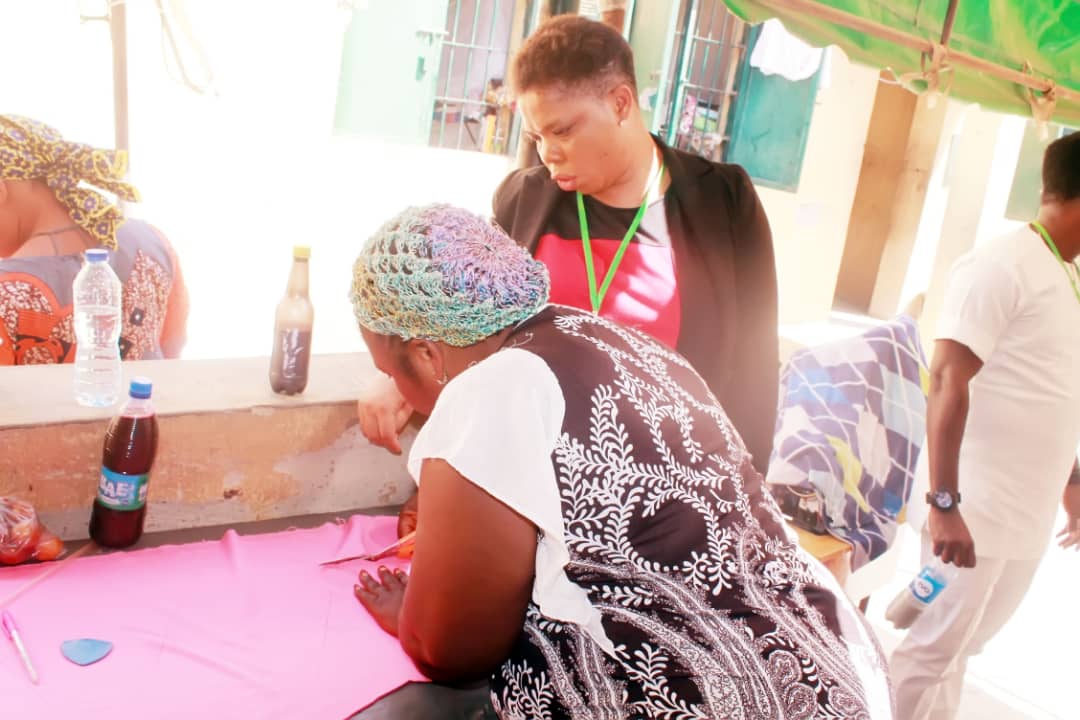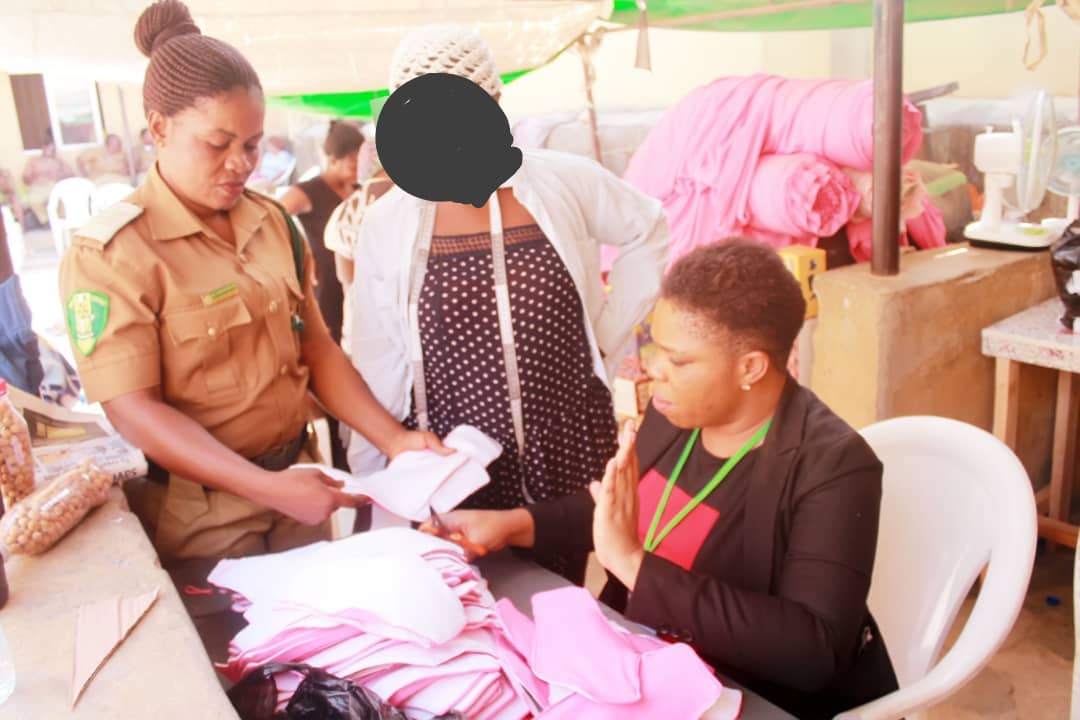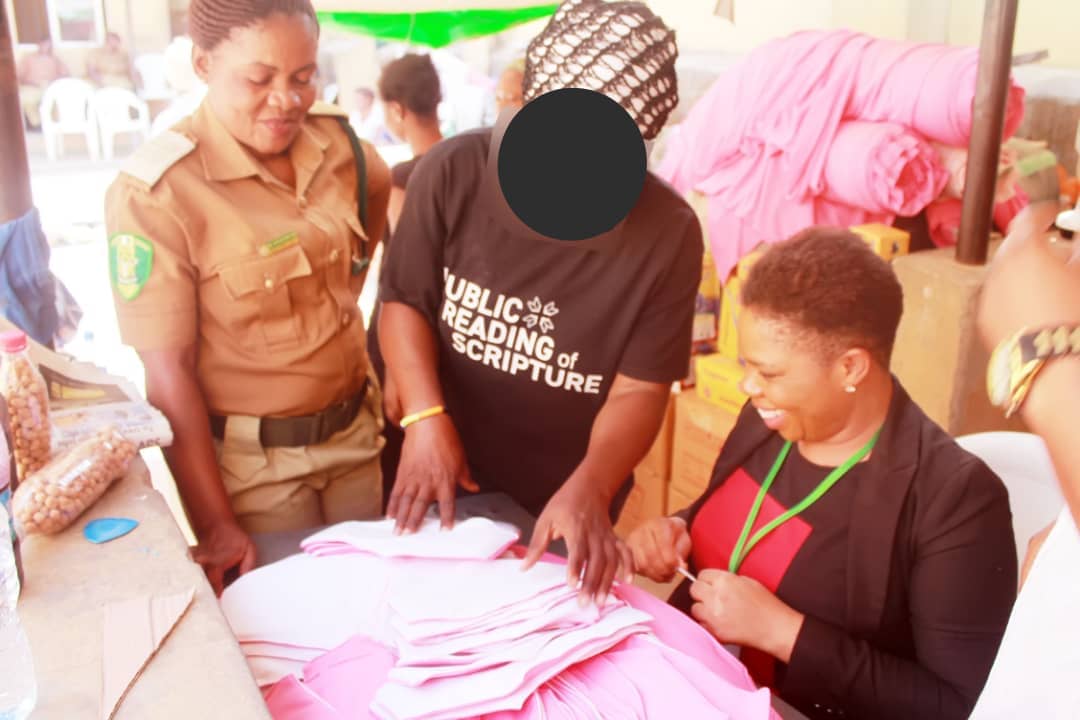While in confinement, it is easy to lose sight of what matters, withdraw into the shell of hopelessness, and wonder ceaselessly about what the future holds, especially when awaiting trial indefinitely or serving a lengthy sentence. Many outside the confines of prison may not be able to relate to this scenario but for the female inmates of Suleja Correctional Facility, it is quite common.
For Lucy Dangana, this was an all too familiar experience during the nine years she spent behind bars in Suleja.
Released in February before the outbreak of the COVID-19 pandemic, Lucy faced the uncertainty of reintegration and rehabilitation – but as a result of the sheer will to rewrite her story, she is slowly turning her life around.
Her experience as a tailor comes in handy as she returns to the facility thrice weekly to partake in the training of female inmates in the production of reusable sanitary pads.
Advertisement
Owing to the constraint of affordability, many underprivileged young girls across the country find it hard to afford regular sanitary pads.
To address this menstrual hygiene management challenge which was documented in a special report by TheCable in 2019, advocates have advised that reusable sanitary pads can serve as sustainable alternatives, especially in developing and underdeveloped countries where poverty is widespread.
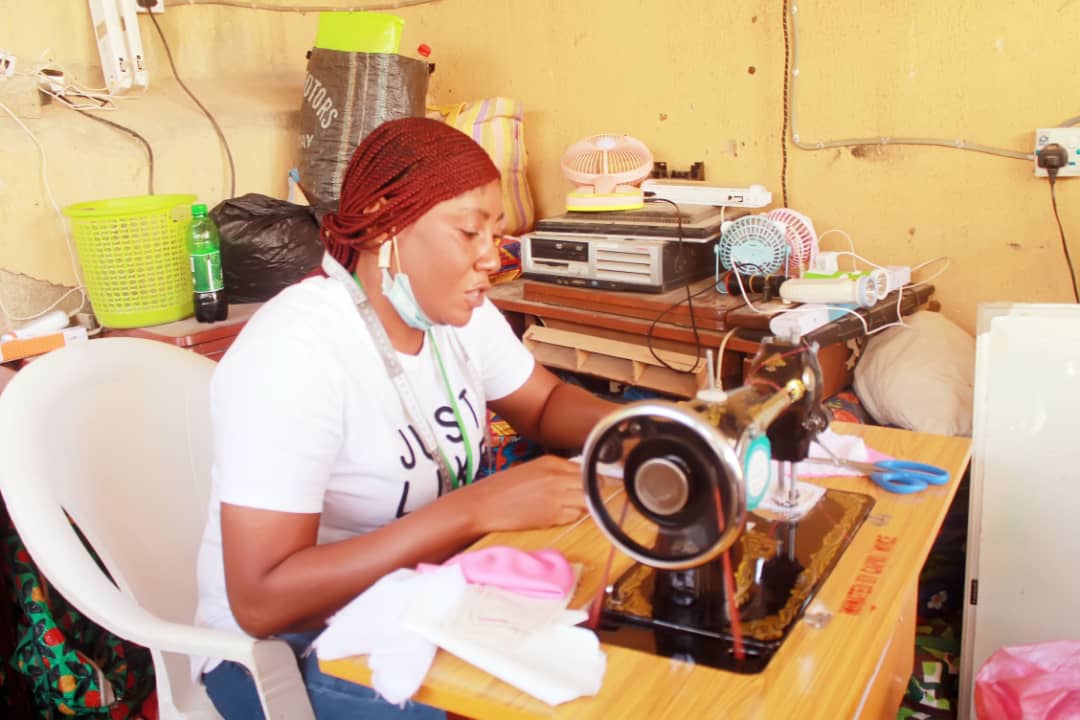
In a bid to boost the production of reusable sanitary pads, the Association of Female Inmates and Returned Citizens is collaborating with Carmelite Prisoners Interest Organization (CAPIO) – with support from VOICE – to train the female inmates and correctional officers at the Suleja facility. The project, which has PadUp Africa as consultants, is supported by the Nigerian Correctional service.
Advertisement
Courtesy of the thrice-a-week sessions, “most of the inmates now have hope,” says Ashley Lori, founder of PadUp. According to Lori, the end goal is for them to perfect the art of making the pads, produce in commercial quantity and sell on their behalf – in that order.
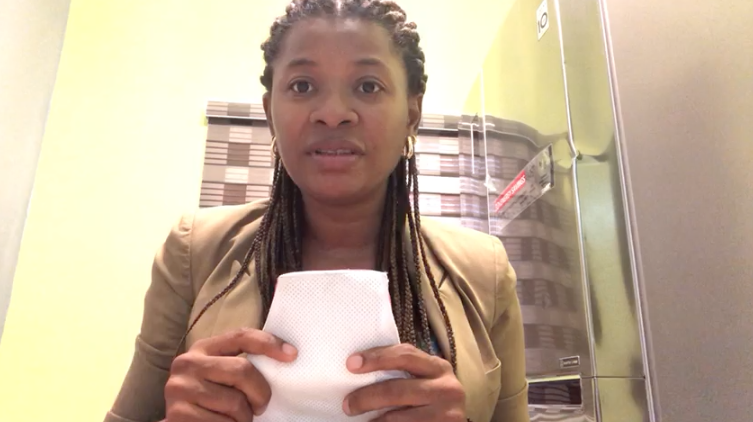
Lori says she is excited about the impact and ripple effect of the programme, as it keeps the female inmates engaged as they, in turn, help underprivileged girls to stay in school by providing them with long-serving reusable pads.
When the team of facilitators was venturing into the facility for the first time, naturally, they had doubts and were uncertain about what to expect. But apart from the initial ice-breaking phase, the programme has been smooth sailing, with the women embracing the initiative with inspiring fervor.
“They are willing to learn and easygoing. The capacity at which they learn is very fast and quite interesting,” says Etorobong Inyang, liaison officer of Capri Nigeria, who noted that over 400 reusable pads have been made so far by the inmates.
Advertisement
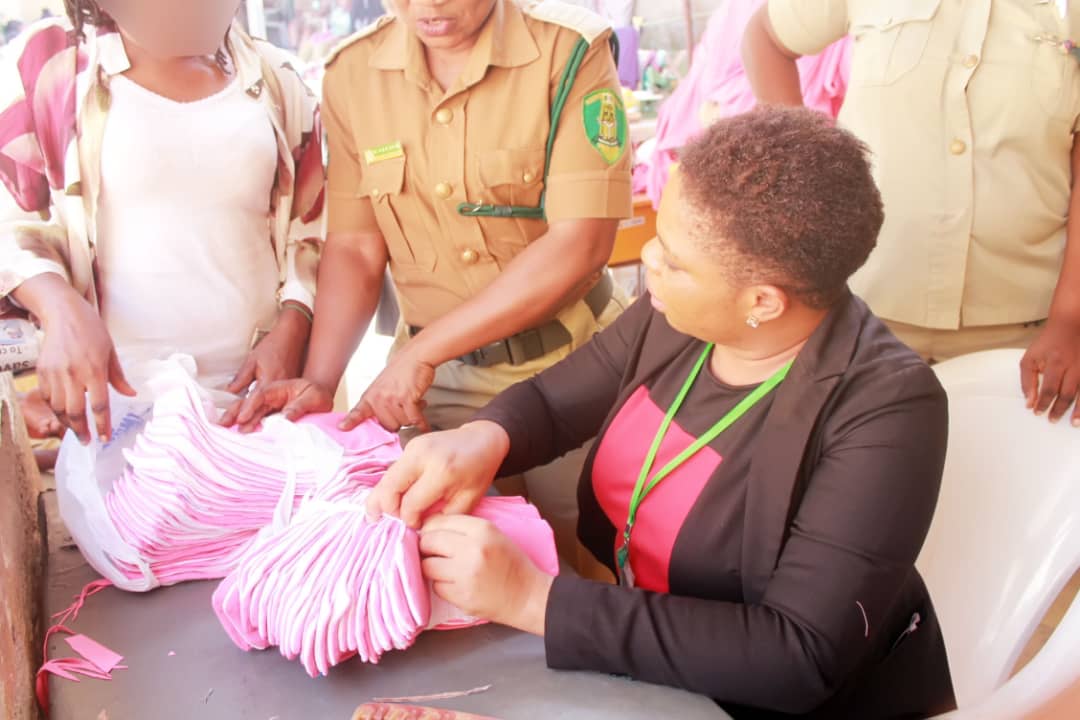
For Dorcas Igharewa, lead trainer, the response of the women to the multi-faceted empowerment programme has dispelled the initial “mixed feelings” she had, noting that she now sees the inmates as “sisters”.
“It has been an amazing journey for me. I have been able to motivate women, making sure they understand that there is hope for tomorrow.”
According to Etoro Inyang of CAPIO, the empowerment project is geared towards improving the sanitary conditions of the female inmates and also to enable the successful reintegration of inmates into society.
Advertisement
